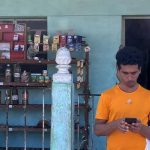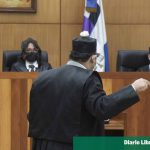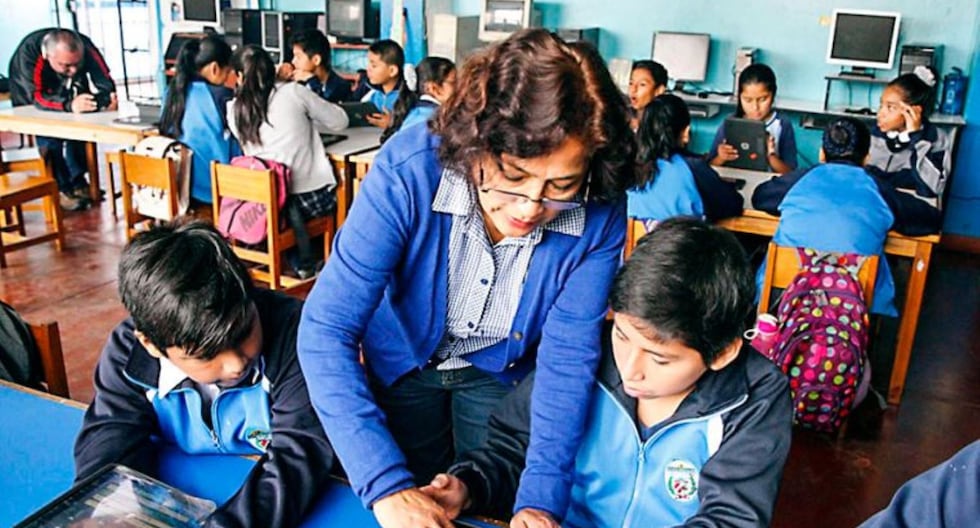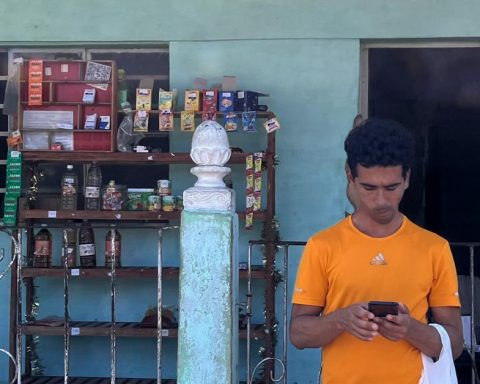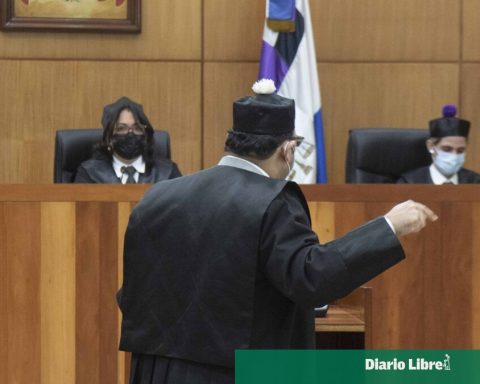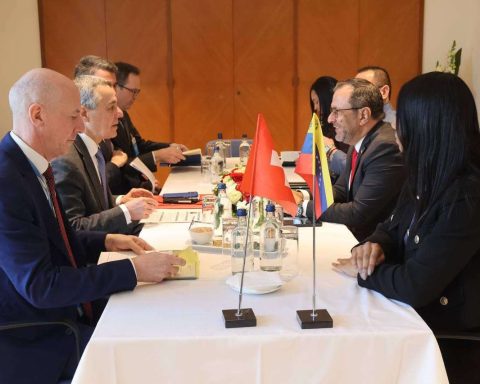Q
who knows how it works The National Electoral Council (CNE) in Venezuela, the voting system, vote counting and verification of minutes, cannot harbor doubts about the results issued. Since the Constitution of 1998, it has the rank of fifth power of the State, together with the Executive, Legislative, Judicial and Moral Powers. Its performance is supervised by the political parties that participate in the political life of the country. Beyond outbursts, it is one of the institutions that enjoys the greatest international prestige, both for its technology and the mechanisms to tabulate the data. The CNE is the safeguard of the democratic rights of Venezuelan citizens when it comes to exercising their right to vote. As reliable as the French, Spanish or Italian. Any suspicion leads to suspicion of France, Italy, Spain, Germany, Holland or Great Britain. There have been many elections held in the Bolivarian Republic of Venezuela, where the CNE has been the guarantor of the results. Whether regional, parliamentary, presidential or plebiscitary, they have always acted with rigor. Sometimes the opposition parties have won, other times the government coalition. But they have always scrupulously respected the will expressed at the ballot box. It is not surprising that one of the most respected and internationally recognized jurists, for his work in the defense of human rights, alternative Nobel Prize winner Joan Garcés Ramón, wrote on July 29, in X: In Caracas, I witnessed the electoral process at the invitation of the National Electoral Council. At the polling stations and in the streets, there was a clear sense of calm. The voting and counting system is one of the safest in the world.
. The James Carter Center has expressed itself in this direction on several occasions. The Barbados Accords signed in October 2023 between the government and the opposition recognized the CNE as the electoral authority, committing not to question its results. But as usual, a part of the opposition, the Democratic Unitary Platform, has not fulfilled what was agreed, betraying its word and the Venezuelan people.
Ignoring the work of the National Electoral Council has been their recurring strategy. There have been no elections since Hugo Chávez Frías’ victory in 1998 where the opposition has not accused the CNE of fraud, questioning the results. A logic that has more repercussions internationally than in Venezuela itself. It is about creating a distorted image, under the false argument of being a country subjected to a cruel tyranny. But the reality is quite different. It is worth asking what tyranny is that where opposition candidates move freely around the country, control cable television, make indiscriminate use of social networks and in their speeches ask for foreign intervention, encourage a coup d’état, call on the armed forces to break the constitutional order and boast of having powerful friends who finance them and support their demands. That is freedom of expression and press, something that Chile, for example, does not have.
The statements made by María Corina Machado, declaring her candidate Edmundo González the winner, are a carbon copy of those made after the 2013 presidential elections, in which the Democratic Unity Roundtable (MUD) candidate Henrique Capriles and Nicolás Maduro, among others, faced off. However, Capriles, despite having written down that he would accept the results, poisoned the process by declaring himself the winner. In this context, he asked for a recount of all the votes cast, demanded transparency, challenged and requested a new call for elections. The CNE, as the opposition knew, did not have the power to make such a request, but the laws were changed. The recount was carried out, counting all the votes cast. Surely, the same will happen on this occasion. That has been the norm. But, what was the result of such a request? On June 11, the CNE issued its conclusions: Nicolás Maduro Moro had won, finding no evidence of manipulation, emphasizing that the rate of deviation had been irrelevant, standing at a ridiculous 0.02 percent. However, Capriles insisted, opening a campaign of hate whose objective was to take to the streets, declare rebellion, call for civil disobedience; on the horizon, to disavow the legitimacy of Nicolás Maduro’s government and increase the level of violence, to make the government unsustainable. Euphemistically, this plan was called The Exit. Although it failed, it swept away hundreds of Venezuelans who sympathized with the government. There, the roadblocks, the barricades, the assaults on government buildings, health centers, the burning of buses, public transportation, etc. became relevant. They went down in history as the guarimbas, among those responsible María Corina Machado.
We are in 2024, but just like yesterday, the US Secretary of State, Antony Blinken, raises the necessary doubts about the process and asks that the results be respected (sic), and there was no time left for the progressive Gabriel Boric to echo this, declaring that the results were not credible. For their part, the European Union, governments, right-wing parties, social democracy, the media, and networks deny the legitimacy of the CNE and question Maduro’s victory. Of course, the only way to commit fraud, curiously, is in the hands of the opposition, hacking the system through hackers. The mechanisms of artificial intelligence and big data have been the weapon used to reverse the elections. They did not succeed, but they have tried. All together. It is not about asking for a recount of the votes, what is sought is to annul the results expressed at the polls, and whether you like it or not, these give the Great Patriotic Pole and its candidate, Nicolás Maduro, the winner. If the opposition wants to govern in the Bolivarian Republic of Venezuela, it must first imbue itself with democratic values, which it unfortunately lacks.







